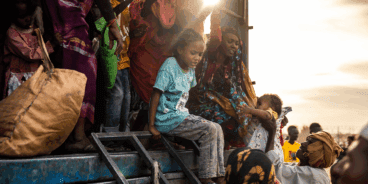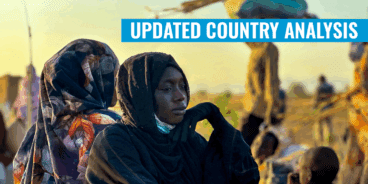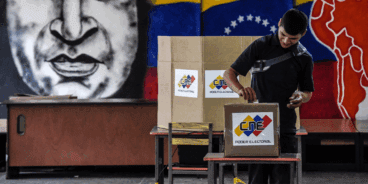
Statement on the Crisis in South Sudan, August 2013
Just weeks after celebrating the second anniversary of its independence, South Sudan faces an uncertain future. Established with the assistance of the United Nations (UN), this new state is now mired in a serious human rights, humanitarian and political crisis.
South Sudan’s problems are deep and multifaceted. Firstly, the deteriorating relationship with Sudan may result in the shutdown of the oil pipeline upon which the wealth of both countries depends. Ongoing border disputes between Sudan and South Sudan mean that a resumption of armed hostilities also remains possible. Secondly, an armed insurgency led by David Yau-Yau threatens South Sudan’s security and stability and has resulted in the widespread displacement of civilians in Jonglei state. Finally, a relapse into devastating inter-communal violence in Jonglei state poses a grave threat to thousands of people.
There is an imminent risk that any, or all, of these conflicts could result in mass atrocity crimes. Civilian lives in Jonglei state have been endangered by marauding armed groups of Lou Nuer youth attacking Murle communities, which may result in reprisal violence. Fighting between Yau-Yau’s forces and the Sudan People’s Liberation Army (SPLA), as well as grave human rights violations committed by the SPLA itself, also imperil civilians.
It is estimated that as many as 100,000 civilians may have been displaced by recent fighting in Jonglei state. These people are largely without food, water and adequate medical care. With the start of the rainy season they are also cut off from the rest of the country as most roads are now impassable. It is unknown how many people may have been killed in recent inter-communal attacks, or who may yet die without access to humanitarian assistance.
South Sudan also faces a major political crisis. On 23 July President Salva Kiir dissolved the government of South Sudan and announced that he would reduce the number of ministries from 29 to 18. Without effective government, South Sudan is incapable of upholding its Responsibility to Protect its population from mass atrocity crimes.
South Sudan cannot overcome these problems without the ongoing support of the UN and its international allies. However, the UN peacekeeping mission in South Sudan (UNMISS) does not currently have the logistical capacity to adequately protect civilians in Jonglei. Before the government was dissolved, Deputy Minister of Defence, Majak D’Agoot, argued that, “much as we believe in the ideals of the Responsibility to Protect, our mandate as the government and the mandate of the UN cannot match with resources that are there.”
In the absence of appropriate protective efforts, people in Jonglei state have been abandoned to a fate unknown. However, resolving the crisis in Jonglei is not just an issue of resources. Fundamental solutions will only emerge through addressing the underlying causes of conflict and ensuring there is accountability for past crimes.
Now is the time to intensify efforts to assist the people of South Sudan. UNMISS must be provided with appropriate air and riverine assets in order to fulfill its protective mandate. As President Kiir appoints a new cabinet, the government of South Sudan must rededicate itself to comprehensively resolving the country’s various internal and external conflicts. Urgent security sector reform is also essential to enhance the effectiveness and accountability of the SPLA.
The independence of South Sudan represents one of the UN’s proudest moments so far this century. The failure to adequately protect its civilians from the threat of mass atrocities will leave an indelible stain upon this achievement.
Related Content


Populations at Risk, November 2025
